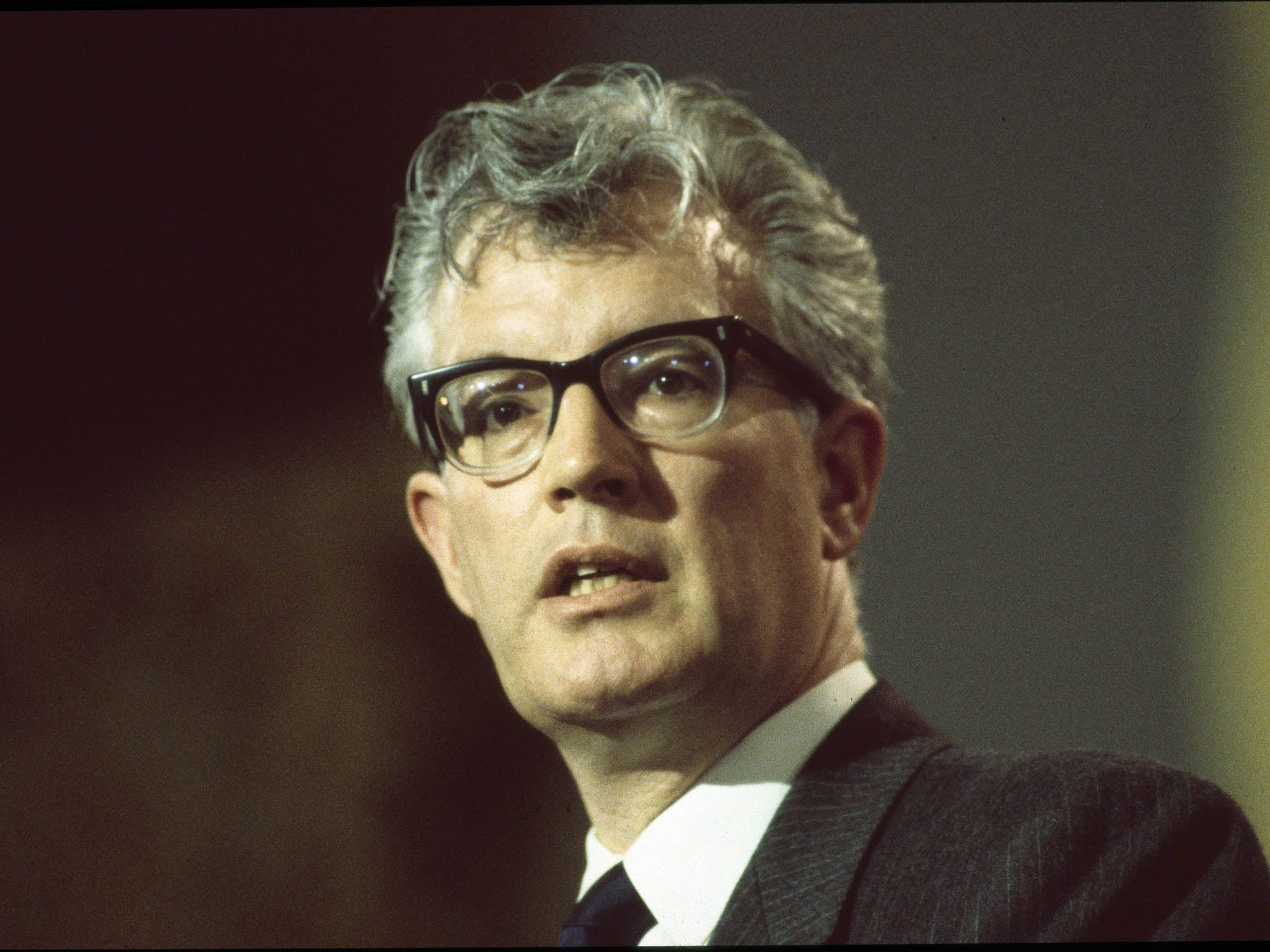Rodney Bickerstaffe: Trade union leader and lifelong campaigner for the minimum wage
As leader of Nupe and then Unison, he was regarded by colleagues as one of the greatest campaigners and orators of his generation

Your support helps us to tell the story
From reproductive rights to climate change to Big Tech, The Independent is on the ground when the story is developing. Whether it's investigating the financials of Elon Musk's pro-Trump PAC or producing our latest documentary, 'The A Word', which shines a light on the American women fighting for reproductive rights, we know how important it is to parse out the facts from the messaging.
At such a critical moment in US history, we need reporters on the ground. Your donation allows us to keep sending journalists to speak to both sides of the story.
The Independent is trusted by Americans across the entire political spectrum. And unlike many other quality news outlets, we choose not to lock Americans out of our reporting and analysis with paywalls. We believe quality journalism should be available to everyone, paid for by those who can afford it.
Your support makes all the difference.Rodney Bickerstaffe, who has died aged 72, was a champion of the low-paid, seeking to improve the economic situation of some of the poorest people in society, especially through his successful lifelong campaigning for the national minimum wage. He was the former general secretary of Unison, the union representing more than one million members of public sector organisations, and later became president of the National Pensioners Convention.
Bickerstaffe was born in 1945 in Hammersmith, west London, at a home for unmarried mothers, and lived there with his mother for three years. As an infant he moved to Yorkshire to live with his extended family. He was educated at Doncaster Grammar School and Rutherford College of Technology, where he studied sociology.
He first worked as an organiser for the National Union of Public Employees (Nupe) in 1966, based in Yorkshire, rising to become divisional officer for the the union’s northern division and thence to national level, representing members working in universities, local government and the water industry.
The minimum wage campaign had begun as far back as the late 19th century. However, during the 1970s most unions opposed the idea of a minimum wage, believing that it might undermine the free collective bargaining process and reduce wages at all levels. A conspicuous exception to this opposition was Nupe, representing many of Britain’s lowest-paid workers. Bickerstaffe became Nupe’s general secretary in 1982, just as the support for a minimum wage was strengthening. At the Labour Party conference that year he introduced a resolution calling for “a nationally negotiated minimum earnings level, of no less than two-thirds of the average wage”.
Three years later, the Labour Party adopted a formal policy for the introduction of a national minimum wage. But it would take more than a decade for the policy to become a reality. Speaking at the House of Commons in May 2009, Bickerstaffe said: “The sadness is that it took 100 years of campaigning before we actually got it in 1998, brought into operation in 1999.”
In 1993 Unison was created from the merger of Nupe, Cohse and Nalgo, bringing together more than one million union members in the public sector. At the time of the merger Bickerstaffe was appointed associate general secretary, rising within three years to general secretary. His leadership style combined his powers of intellect, a sense of social justice, oratory and humour, gaining the admiration of the union’s leadership and members. He retired from Unison in 2001.
Bickerstaffe subsequently served as president of the National Pensioners Convention from 2001 to 2005, succeeding Jack Jones. In this role he campaigned to maintain the so-called “double-lock”, ensuring that pensions rise at the rate of inflation or 2.5 per cent, whichever is higher.
The current Unison general secretary, Dave Prentis, said, “Rodney was at his best when he was fighting for the causes he believed in, and our movement has today lost one of the greatest campaigners and orators of his generation. He was a friend, a comrade and a leader, and thanks to his work the lives of countless people have been changed for the better.”
Rodney Bickerstaffe, trade unionist, born 6 April 1945, died 3 October 2017
Join our commenting forum
Join thought-provoking conversations, follow other Independent readers and see their replies
Comments